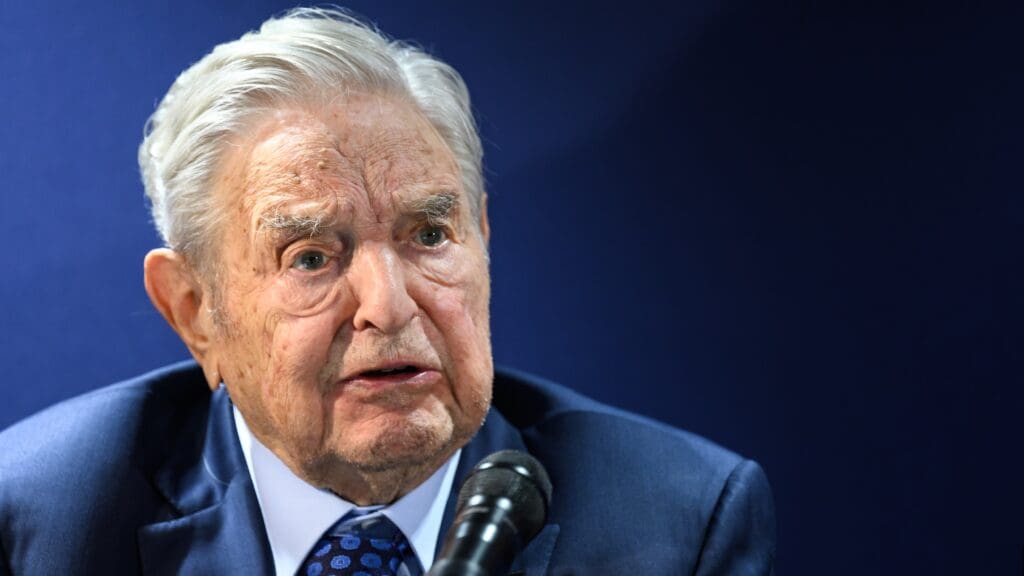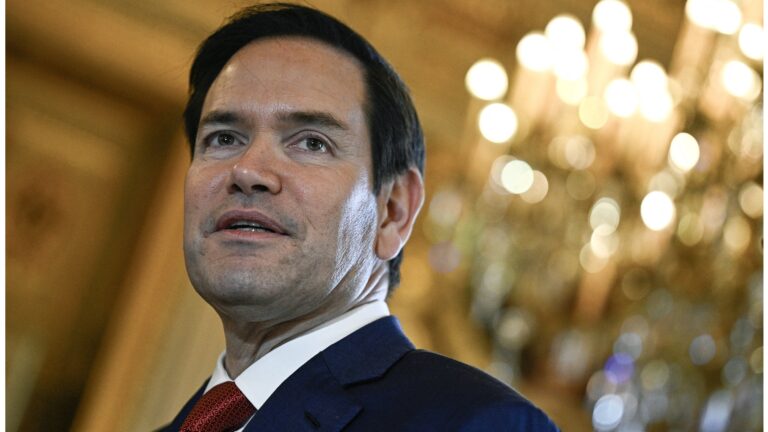After many began to worry that European ‘autocrats’ could be emboldened due to the alleged withdrawal, the spokesperson of the Open Society Foundations immediately made it clear that it was not a complete exit.
Open Society Foundations (OSF), a network founded by George Soros, is pivoting its focus away from European matters. It says it plans to withdraw or terminate large parts of its work within the European Union, shifting its attention to other parts of the world. In a statement, the organisation said the management had decided on a radical strategic shift to ensure its resources could have the greatest impact. OSF explained that EU institutions and governments devote significant amounts of money to activities in the fields of human rights, freedom and diversity, which are also active areas of OSF.
However, OSF clarified very fast that they would not fully pull out of Europe. A spokesman for Open Society Foundations stressed: ‘We will continue to fund civil society groups across Europe, including those working on EU external affairs and will maintain our historic support for European Roma communities.’ He also added: ‘We will also continue to be a funder of human rights, democracy, and accountable government across the region, most notably in Ukraine, Moldova, Kyrgyzstan, and the Western Balkans through the work of our national foundations.’
What is OSF?
OSF is present in 37 countries, including regional foundations such as the Open Society Initiatives for West Africa and Southern Africa. Its headquarters is in New York. Since its founding in 1993, OSF has provided more than $11 billion in grants globally.
The organisation self-professedly supports people fighting for freedom of expression, accountable government, and societies that promote justice and equality. What that has really meant is that various subtle and less subtle ways have been used to attempt to
interfere in the internal affairs of countries whose leadership is not compatible with the ideals represented by the foundation.
George Soros, originally a stock market speculator, has amassed a fabulous fortune that he has used to set up several foundations, the aim of which is to spread his favourite idea of an open society. Soros is happy to support organisations promoting drug legalisation; he has not shied away from supporting the election of prosecutors in the United States through whom he has been able to implement his detrimental criminal policy plans; and he has also taken action against governments he does not like by undermining them with various means.

A Lot of Money Had Been Injected into Hungary
Since 2016, Open Society foundations have provided at least $28.5 million—the equivalent of almost ten billion forints—to at least 150 organisations in Hungary. The Open Society Foundations has made public the list of grants it awarded between 2016 and 2021 on their website. According to OSF, they strive to provide as complete a picture of grants awarded as possible, but due to privacy issues and the security of the Open Society Foundations, some information has been omitted from the publicly accessible database. In addition, some of its national and regional foundations use local systems to award grants; thus, they are not included in the database, but the information is usually available on the websites of the foundations concerned.
Probably unsurprisingly, OFS supported the opposition-led Budapest Municipality with the most money, with more than $3.3 million in 2020, that is, with more than a billion forints. According to OSF, Budapest received the money for health care improvement purposes and to support the testing of persons at increased risk during the coronavirus pandemic. In addition, numerous foundations, NGOs and media platforms that are openly antagonistic to the Hungarian conservative government have also received significant amounts of money.
While Some Already Worry that European ‘Despots’ Will Be Strengthened, Others Are Relieved
In a recent article, The Guardian was quick to voice deep concern about the future democracy in Europe but especially in Eastern Europe and Hungary without the Soros foundations present, saying that from now on Viktor Orbán will be able to exert even more pressure on civil society actors.
Philip Oltermann thinks that the decision to pull out may have an impact on the former grantees due to increasing authoritarianism. The groups that have been the beneficiaries of OSF grants are now worried, especially in Eastern Europe, where the possibilities of funding are limited.
Reacting the news of the partial withdrawal, announced by Alex Soros, Balázs Orbán, the Hungarian Prime Minister’s political director did not mince his words in a post on X, calling the Open Society Foundations ‘the Soros empire’. ‘We will only truly believe that the occupying troops are leaving the continent once the last Soros soldier has left Europe and Hungary,’ the Hungarian Prime Minister’s political director said.
The Two Faces of Soros
George Soros’s assessment radically differs depending on which end of the ideological spectrum one stands on. There are many who see him as a philanthropist, a benevolent billionaire who embraces and supports social causes that are essential for democracies to continue to flourish in a turbulent 21st century. Others see the American billionaire’s actions as harmful to the sovereignty of nation- states and the self-determination of countries. This view is held not only in Hungary and several Central European countries, but also by many in the upper echelons of American politics.
Israeli conservatives are also not fans of the Hungarian American billionaire.
As it has been highlighted, among others, by Yair Netanyahu, son of Israeli Prime Minister Benjamin Netanyahu, who George Soros is causing very serious damage to the Jewish state.
The real intent behind the OSF announcement is not yet clear, with both the pro-billionaire and those who define themselves against him only guessing. However, it is likely that Soros’s son, who recently became the new leader of the empire, may indeed be behind the transformation. Apparently, Alexander Soros wants to recalibrate his father’s superstructure, and it is clear from this announcement that he would shift the focus away from ‘defending’ European democracy. Therefore, direct interference in the politics of the continent may cease, but the supporters of nation-states cannot breathe a sigh of relief just yet, as OSF will most likely continue to support the implementation of open societies through other channels.








